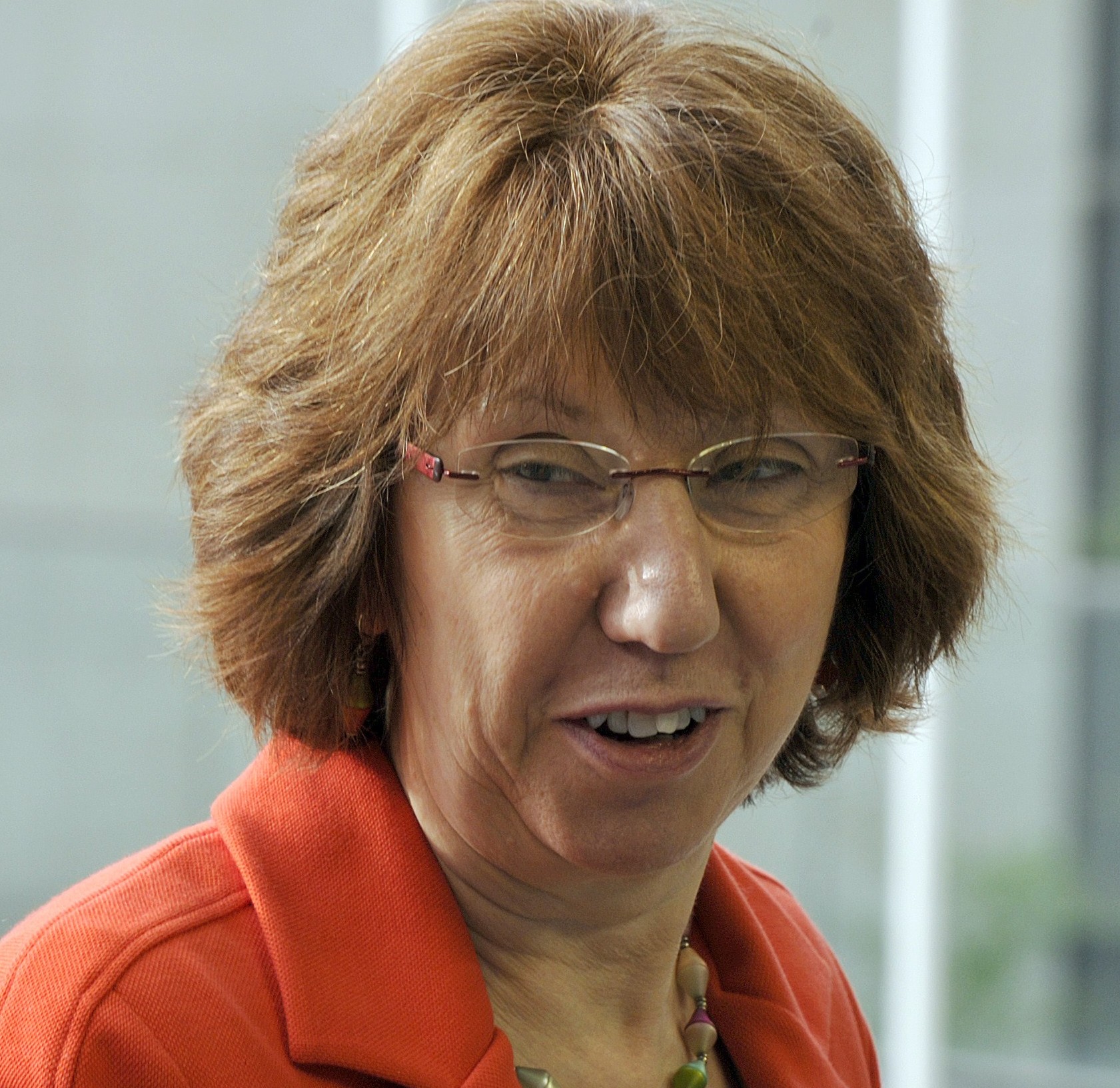Egypt is a key partner for the EU and its most important neighbour in the Southern Mediterranean, said the head of the European Union (EU) delegation to Egypt, Ivan Surkoš, at the EU’s annual iftar event on Wednesday.
“The richness of cooperation is evident in the figure of the total EU aid commitments to Egypt, which amounts to over €.3bn in grants. The total of combined ongoing aid commitments (grant, loans, etc) of EU member states, institutions, and the European financing institutions (EFIs) is €11bn,” Surkoš added.
He said that the Association Council between the EU and Egypt was held in July 2017 when both parties discussed the most important issues in all cooperation aspects, including political, security, human rights, migration, sustainable development, research and innovation, and others.
Both sides adopted their partnership priorities for the years 2017-2020, with the aim of contributing to the wellbeing, improved living conditions, and stability of Egypt and the EU, noted Surkoš.
“Key elements to achieve these goals are inclusive sustainable development underpinned by inclusive growth and innovation, and effective and participatory governance based on the rule of law and the respect of human rights and fundamental freedoms,” said Surkoš.
The head of the EU delegation to Egypt indicated that the protection and promotion of human rights, democracy, and the rule of law are guiding principles of the EU’s external action.
“We actively promote and defend these principles in our engagement with Egypt, as we do with all our neighbours and partners around the world,” noted the ambassador, highlighting the role of civil society organisations as key contributors to the economic, political, and social development processes, stating that they need to be allowed to operate in an enabling environment.
“We believe that civil society is a key partner in taking forward reform plans and sustainable development in Egypt. These views are based on universal values and we regularly discuss these with our Egyptian counterparts within the framework of our jointly agreed partnership priorities adopted in 2017,” noted the ambassador.
Surkoš reiterated the support of the EU for Egypt standing side by side in addressing any challenges, mentioning the extensive cooperation between the EU and Egypt in the water sector.
The EU will hold an EU-Egypt Water Cooperation Day during the first ever Cairo Water Week (CWW) in October this year, Surkoš said, highlighting the recent visit of EU Commissioner for Climate Action and Energy Miguel Arias Cañete to Egypt in April with the signing of a MoU on strategic cooperation between the EU and Egypt on energy, and also the high-level meetings he held, including with President Abdel Fattah Al-Sisi.
Meanwhile, Surkoš referred to the high-level migration dialogue between the EU and Egypt which was launched in December 2017 by Egyptian Foreign Minister SamehShoukry and EU Commissioner for Migration, Home Affairs, and Citizenship Dimitris Avramopoulos.
“Through our migration dialogue we are working together on a comprehensive approach to migration, supporting Egypt in tackling irregular migration, smuggling, and trafficking to the promotion of legal channels of mobility to ensuring international protection and facilitating return and reintegration programmes,” said the ambassador.
In terms of security, Surkoš reiterated the EU’s commitment to support Egypt in its fight against terrorism through a comprehensive approach that addresses the root causes of extremism.
“The fight against terrorism shall happen within the rule of law, as we believe that the respect of individual freedoms as well as socioeconomic inclusion can bring long-lasting development and stability,” said the ambassador.
Surkoš concluded by wishing the Egyptian national football team every success in the World Cup, and for Mohamed Salah a quick recovery to be able to join the team in the competition.




